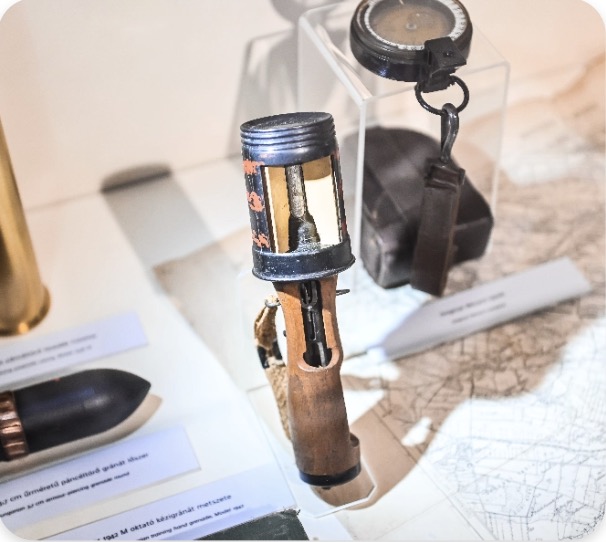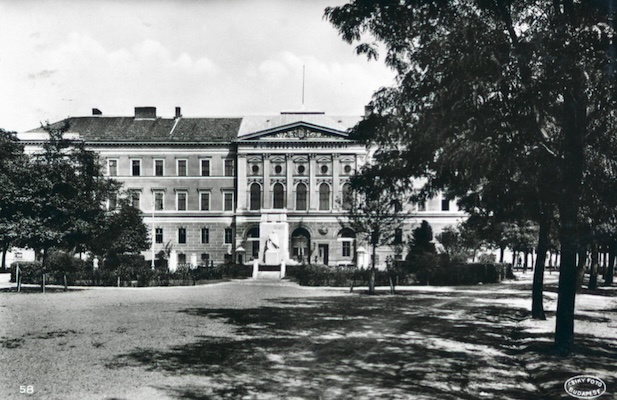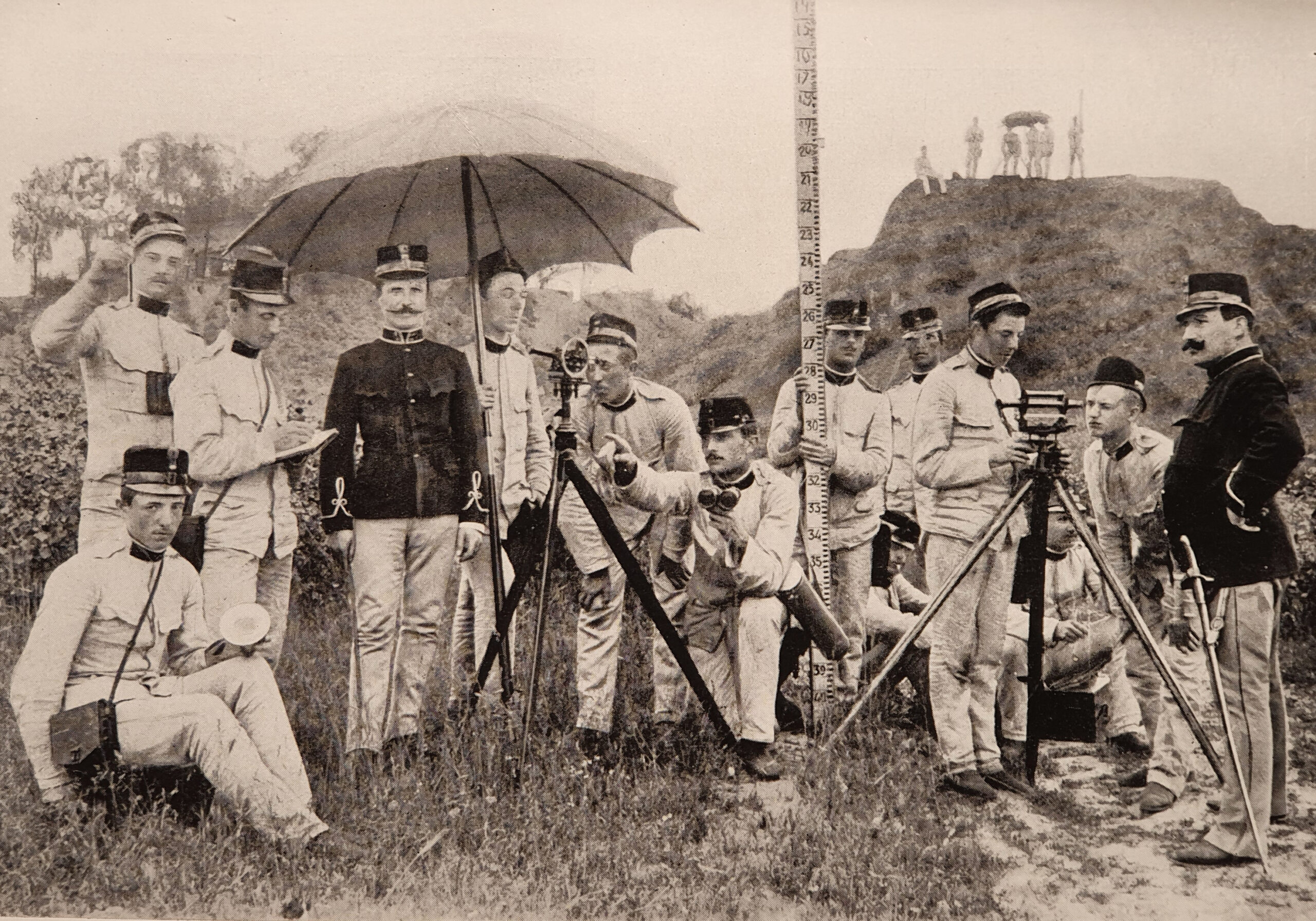
FOR THE COUNTRY UNTIL DEATH
Hungarian troops, organized on a regular basis, were integrated into the standing army of the Habsburg Empire relatively late. The Hungarian Estates regarded these units as symbols of the Hungarian sovereignty, limited but undoubtedly existing within the Empire, therefore they were distinguished. After all, even if the unity of the military and the sovereign’s unlimited dominance that governed it were not disputed, the recruitment and the offering of tax were dependent on the Hungarian Estates.

Opening hours
Monday: 8:00–17:00
Tuesday: 8:00–17:00
Wednesday: 8:00–17:00
Thursday: 8:00–17:00
Friday: 8:00–17:00
Saturday: closed
Sunday: closed
By the end of the 18th century, however, it was only the Hungarian elements of the uniform symbolising this fact, since even the official language in the army became German, and there were fewer and fewer Hungarians in the officers corps. A series of resolutions were adopted by the National Assembly in order to change the latter, yet the number of Hungarian students allowed to study at the two officer training academies of the Empire remained significantly lower than the proportion of Hungarians in the Empire would have justified. It was this situation when the will of the National Assembly to establish a Hungarian military academy arose, which was also urged by the perpetuating war situation. The lessons learned from the Napoleonic Wars made it clear that it was impossible to wage a war successfully only with officers trained through practice, however, the most officers of the Hungarian formations were former cadets raised in regiments, moreover, a young man of nobility with proper connections could be an officer even without any training.
At the 1808 session of the National Assembly these Hungarian ambitions were in line with the Monarch’s willingness to retaliate Napoleon, which led to the adoption of the law on the establishment of Hungarian military higher education. Its peculiarity is that the institution to be set up would have conducted not only the training of military officers, but also the training of specialists prepared for the modernization of the Hungarian public administration. However, the implementation was practically cancelled, because the Habsburg dynasty, which had been one of the victors in the Napoleonic wars, perceived the interests of the Empire to be unified endangered by it, while the Hungarian National Assembly felt the interests of the nation threatened through the ban on the Hungarian language of tuition. Thus Ludovika existed only on paper for a quarter of a century, and for another four decades it was merely a building.


The institution was thus dreamed up by grandfathers whose sons had established it – at first only for some days during the War of Independence – and then they had already turned grandfathers to start education of their grandchildren in the spirit of the Great Compromise on a permanent basis, now with exclusive focus on training military officers.
The Ludovika Academy, built with the efforts of three generations, raised officers from the sons of three generations, ready and able to fight “For the Country until Death”. Our exhibition provides you with an insight into this process.
Our museum is the story of men and objects. It covers the story of officer training not only through the history of war, but also by displaying the hard, but sometimes funny and picant everyday life of the acedemists. Our guide is the unknown academist, whose spirit appears in the most important chapters telling stories about the students’ life.
Come with us, and learn the story of the national officer training.





